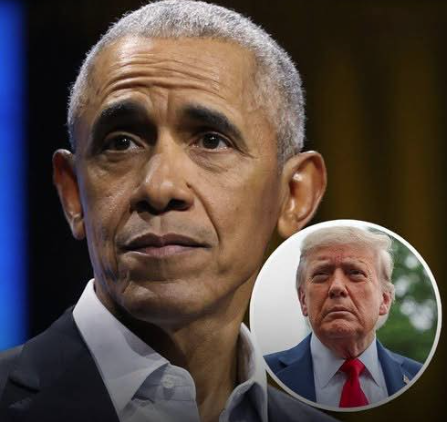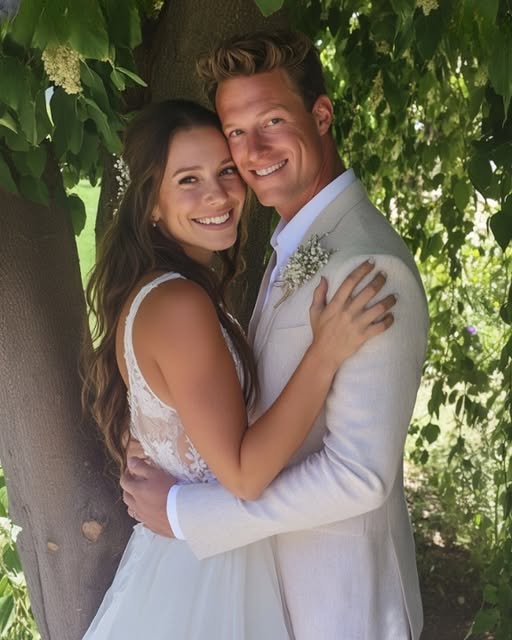
The Strength of American Democracy Why Our Institutions Still Matter and What We Can Do to Protect Them
Can America’s Democracy Endure?
A refreshed look at the challenges, lessons, and responsibilities that shape our constitutional system.
A Nation at a Crossroads
Turn on the news or scroll through social media and you’ll see it: soaring rhetoric, heated arguments, and questions about whether the United States can keep its democratic footing. Even lifelong voters now wonder if the system will bend or break under today’s pressures—polarization, media distrust, and doubts about elections.
Yet democracy is more than parchment and marble in Washington, D.C. Its survival depends on resilient institutions and citizens willing to defend them.
How the System Was Built to Last
America’s constitutional framework is a deliberate balancing act. The Founders split authority among three equal branches—executive, legislative, and judicial—to curb the concentration of power. They also divided governance between federal and state levels, preserving national cohesion while allowing regions to address local needs.
But laws and buildings aren’t enough. Informal norms—respect for the rule of law, willingness to compromise, and adherence to truth—are the connective tissue. When leaders or citizens disregard those unwritten rules, cracks widen in even the sturdiest structure.
Hard Times, Proven Resilience
If you remember World War II, the Civil Rights Movement, or Watergate, you know the country has weathered tempests before:
- The Civil War nearly tore the Union apart, yet the constitutional order ultimately held.
- The Progressive Era ushered in women’s suffrage and cleaner government.
- The Great Depression tested how far the federal government should intervene in economic life.
- The Civil Rights Movement forced America to confront its promise of equal protection under the law.
- Each era left scars—yet each proved that adaptation, not perfection, is democracy’s true strength.
Reform Efforts Underway
- Across the country, scholars, activists, and officials are updating democracy’s toolkit:
- Election innovations such as ranked-choice voting, independent redistricting commissions, and stricter campaign-finance disclosure aim to make outcomes fairer.
- Congressional rule tweaks—from filibuster reform to schedule modernization—seek to reduce gridlock while protecting minority voices.
- Checks on executive power focus on limiting emergency declarations and scrutinizing extensive executive orders.
- Judicial-branch proposals include term limits or revised confirmation procedures to maintain public trust.
- Civic-tech projects—digital town halls, secure absentee systems—expand access for voters who can’t attend meetings in person.
Leadership and Citizenship: The Twin Pillars
Structures can’t save democracy alone. Leaders must respect constitutional boundaries, model civil debate, and accept legitimate results. Citizens must vote, stay informed, and hold officials accountable.
For those over 60—witnesses to the Cold War, civil-rights struggles, and 9/11—this is no time to retreat. Your experience equips you to mentor younger generations in patience, perspective, and civic courtesy.
Democracy Begins at Home
National headlines grab attention, but decisions in city councils, county commissions, and school boards shape daily life. Local officials are accessible and accountable; showing up at that level often yields tangible results and renews faith in the process.
Civil Society: The Quiet Engine
Ballots matter, but democracy breathes in churches, libraries, veterans’ halls, nonprofits, and neighborhood associations—any place people gather to solve problems. Signing a petition, coaching a youth team, or serving on a neighborhood board may not trend on Twitter, yet such acts sustain the republic more than any viral post.
Looking Ahead
America’s constitutional order is not self-perpetuating. It requires vigilance, courage, and optimism. History shows we can emerge from turmoil stronger if we meet each challenge with engagement rather than apathy.
So, what can you do? Three simple commitments:
- Stay engaged – Vote, volunteer, and attend local meetings.
- Stay informed – Seek reputable sources, verify claims, and resist knee-jerk sharing.
- Stay hopeful – Recall past crises we survived and the reforms they inspired.
A Shared Legacy
Those who watched Berlin walls fall, marched for civil rights, or endured wartime rationing know freedom isn’t free—and democracy isn’t guaranteed. Our charge is to pass on a republic grounded in fairness and liberty to children and grandchildren who are learning by our example.
In the final measure, the most enduring inheritance we leave may be the democracy we preserve—together.




